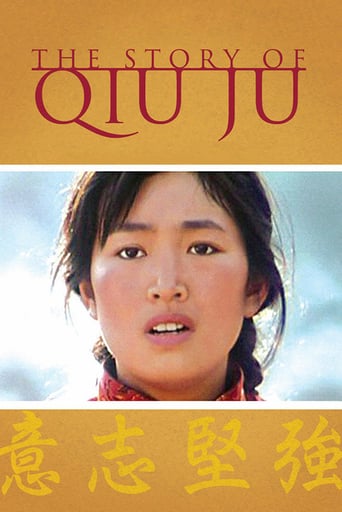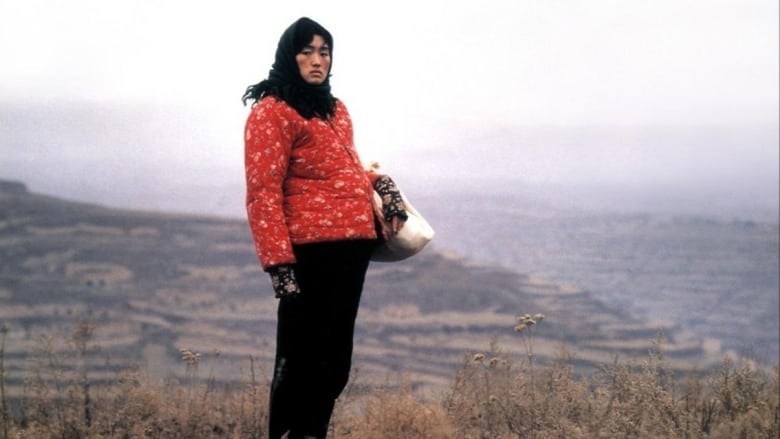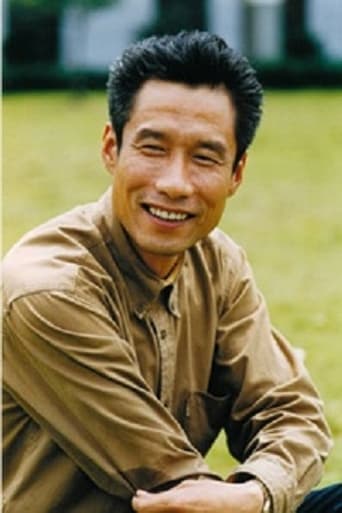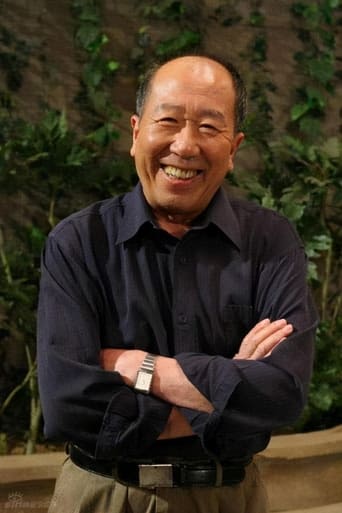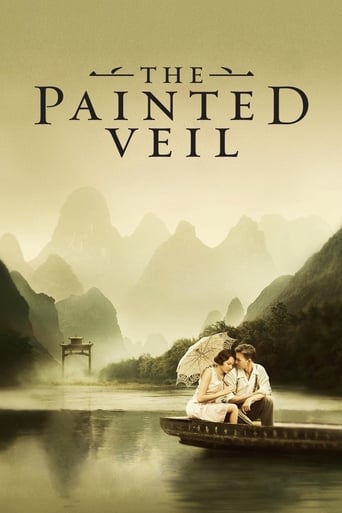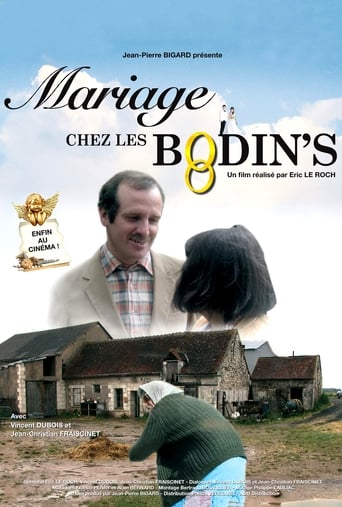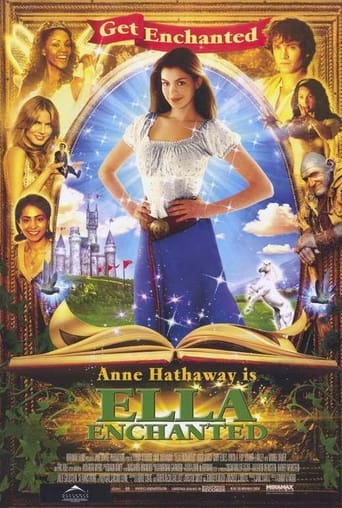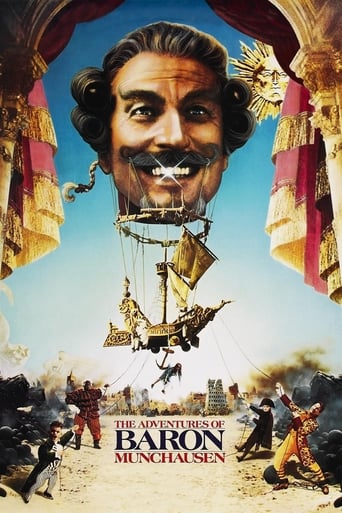The Story of Qiu Ju (1993)
When her husband is kicked in the groin by the village head, Qiu Ju, a peasant woman, despite her pregnancy, travels to a nearby town, and later a big city to deal with its bureaucrats and find justice.
Watch Trailer
Free Trial Channels
Cast


Similar titles
Reviews
This is one of the few movies I've ever seen where the whole audience broke into spontaneous, loud applause a third of the way in.
There is, somehow, an interesting story here, as well as some good acting. There are also some good scenes
Story: It's very simple but honestly that is fine.
Blistering performances.
The outraged pregnant wife (Gong Li) of an injured Chinese peasant appeals to the highest courts in the land to force a village elder to apologize for injuring her husband. The Story Of Qiu Ju was a hit at film festivals and won the Golden Lion award at the Venice Film Festival in 1992.Qiu Ju takes it personally when the local chief kicks her husband in the groin over a planning dispute, triggering her quietly fenacious quest for justice, told in almost documentary style. Her mission sheds light on the tangled mess of China's legal system, and the huge gap between life in the cities and rural areas.
After a bountiful chili pepper harvest, Wan Qinglai wants to build a storage house for his crop. Having already purchased the bricks and tiles for the storage house, Wan Qinglai asks the village chief Wang Shantang permission to build the storage house, however, Wang Shantang never answers Wan's inquiry. Losing his temper, Wan states that Wang can do nothing more than raise "hens", meaning that Wang is a worthless man because he has no son. Angered, Wang beats Wan and even kicks him in the privates. This incident will eventually lead to a ball of bureaucratic red tape as big as a boulder.Recuperating at home and letting his privates air out, Wan is willing to let the matter pass, but his wife Qiu Ju, Gong Li, argues her case to the Party official Officer Li and he orders Chief Wang to pay for Wan's medical bills and lost wages. Yet, this is not what Qiu Ju desires. She wants Chief Wang to explain why he kicked her husband in the family jewels and apologize for doing so, but being that he is a proud man and feels that he was wronged by Wan, the chief refuses to do so. He even goes as far as to toss the 200 Yuan he is supposed to give Wan in front of Qiu Ju and tells her to pick up each bill individually so that she bows to him twenty times.Infuriated by Chief Wand, the very pregnant Qiu Ju, with her young sister-in-law Meizi in tow, heads for the village office. When the verdict is the same as the one handed down by Officer Li, Qiu Ju and Meizi head for the county seat. When Chief Wang is only ordered to pay 50 Yuan more, Qiu Ju and Meizi make their way to the big city.While on its surface this film might at first seem as nothing more than one woman's search for justice, it is much more than that. This film is openly critical to those in power. When Qiu Ju demands Chief Wang to apologize not only does he refuse to do so he dares her to try to sue him. He believes that, and is probably right in most cases, that his membership and loyalty to the party will protect him from a commoner such as Qiu Ju. Qiu Ju doubts the system when she wonders if someone like her has a chance against someone in Chief Wang's position.Outside of politics, the film also does a good contrasting the lives of those who live in the countryside with those who live in the city. Almost immediately after arriving in the city, Qiu Ju and Meizi are taken advantage of by a taxi-cyclist. However, their naivety moves a few people to aid them, such as the old man who owns the hotel in which they reside and Official Yan a Party official who Qiu Ju holds great respect for.Displaying the beauty, and poverty, of China's frigid northern landscape, The Story of Qiu Ju, while not a polemic blast against the Chinese political system, displays the complex web of the Middle Kingdom's political system and the ways in which those in power, even if that person is just the chief of a small village, takes advantage of those in weaker positions. However, on another note, the film could also be viewed as a criticism against pigheadedness. At any rate, this is an enjoyable film that should be watched by those who enjoy Chinese films, especially the films made during the heyday of the Zhang Yimou/Gong Li collaboration.
Although this story is supposedly about how a simple farm villager's wife tries to get official justice for the mayor hurting her husband, it is relevant in many ways. The most important, to a modern society where there are connections among the powerful and the official, is that trying to seek revenge under the influence of emotions can ultimately lead to a result more drastic than would have been wanted in a saner calmer mood. Those working for the secret police should especially note this.The movie spends much of its time on another relevant topic, how justice (in China at that period) must be paid for and the endless bureaucracy, and touches on the way connections count for a lot.The movie develops slowly and can drag on for someone used to modern special effects, but definitely scan to the ending. I found it a surprise.
Really enjoyed this one. Qiu Ju is the wife of a man who has been kicked by a neighbor, his village chief. She presses for an apology, largely (if subtitles do it justice) because, even though his chest is what hurts longer, he's been kicked in the "privates" and she wants more than one child. She takes her quest for the apology up the chain of officialdom.I couldn't get enough of the scenery - houses, city, carts, clothes, painted paper banners, dried peppers and corn - and the faces of people. As other viewers noted positively, the people in it didn't seem to be actors but real people, caught up in daily affairs and catching us up, too. The nearby village is somewhat familiar to her, but her trip to the city may have been her first. Watching her trying to find her way around, haggling for fair rates and help from a produce buyer, a bike-cart driver, a letter writer, a hotelier, and a lawyer was a lot of fun. Her trips seemed like a great introduction to the culture.One of the things I loved was how the families and neighbors kept having complex interactions with each other throughout the ordeal. And the social roles in this were interesting: Farm/village chief to farmer, sister to sister, daughter-in-law to her in-laws, Party officials to their hierarchy and to citizens, country to city, women's role in general (as in what sex babies are preferred) and the strong stance of a specific woman like Qiu Ju, who seemed to be empowered as much as frustrated by the system and by her family and neighbors.I read reviews of this as a negative comment on bureaucracy. If so, it showed a remarkably humane one. Flaws were on display but the overall tone was of acceptance.The sudden ending left me feeling for the main characters. I seemed to see a judgment in it, but wasn't sure what that judgment was. I wanted to know how the story was interpreted in China, so I came to IMDB to at least see how others took it.

